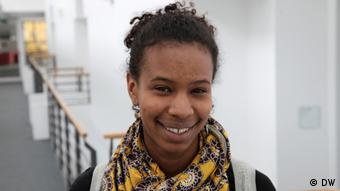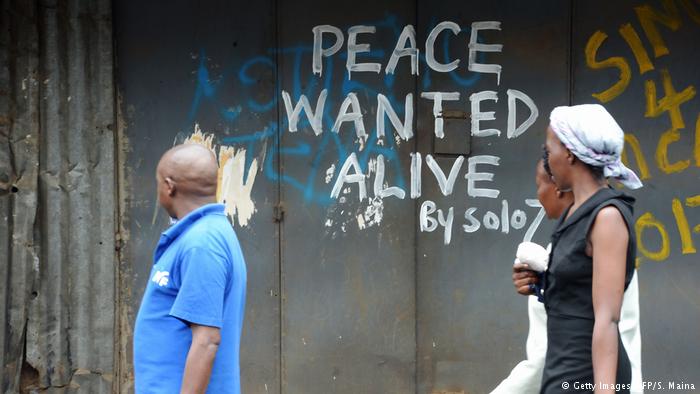“We will show the world how the figures were cooked and Uhuru Kenyatta was declared the winner,” NASA (National Super Alliance) leader Raila Odinga declared to a crowd of journalists, bodyguards and what seemed to be his entire inner circle.
For my part, I would say: Let politics be politics and let people get on with their daily lives. Of course, the votes and voices of Kenyans should not be undermined. But let the evidence be brought before court where it can be analyzed by the judiciary and other experts.
Because even though many in Kenya scrutinized the forms from their own tallying center and many more people have strong opinions on what went wrong and what didn’t, I dare say most of us aren’t tech experts and most of us would have a hard time examining whether or not Kenya’s electoral system was hacked.
Having said that, I’m not advocating for Kenyans to grow numb to politics – after all, emotions and an active citizenry are all part of what one would hope for in a healthy democracy. With Kenya being one of the continent’s hubs for connectivity and technology, as well as having a strong civil society, there should be more than one way of holding the country’s leaders to account. The crowd-sourcing platform Ushahidi, for instance, was born out of Kenya’s last major political crisis and has since helped in monitoring elections and crises around the world. So, surely there must be one or two independent tech geeks out there who would be able to figure out what went wrong or didn’t.
‘Peace wanted alive’
From all the conversations I’ve had with people in Nairobi over the past week, most people had two major demands: peace and getting back to business. Justice came in third and was usually mentioned by opposition supporters. Very few, however, wanted it at all costs. For that, the violence that followed the elections in 2007 is still too fresh in most peoples’ minds. One street artist even took it upon himself to adorn walls, roads and shops all over Nairobi’s biggest slum, Kibera, with the words “Peace wanted alive.”
For the past week the country has been in a state of limbo. And for the past few months people have been gearing up for the elections: stocking up on food, shutting up shop for the election period. For the ordinary people and especially for those practically living from hand to mouth, the prospect of possible chaos or simply not being able to go about their daily business seemed daunting.
Nobody was sure what to expect and the signs were not encouraging. There were the legal battles between the electoral commission and the opposition. There were the chaotic party primaries. And just a week ahead of the polls, there was the death of Chris Msando, the man in charge of the technology behind the electronic voting system.
The way to court
After Odinga’s coalition cried foul on the first night of vote-counting and later announced that the court of the people would judge the matter, most people held their breath. Protests broke out in Nairobi’s and Kisumu’s low income areas, the areas which experienced some of the worst fighting in 2007.

In the days after the results were announced, protesters and police had already clashed a number of times, leaving several injured and, according to the Kenya National Commission on Human Rights, at least 24 dead. The harsh response by the police, and what many felt was an attempt of the Kenyan government to disguise this by keeping journalists away from the protesters, all felt very unsettling.
The question how the opposition would respond and whether all the unanswered questions will ever come to light was what everybody was waiting for. What will “Baba” or “father,” as Odinga is called by his supporters, say?
In his speech, Odinga did speak of the right to protest, assemble and “wage a peaceful campaign of disobedience,” and insisted that he was not standing down as opposition leader. He, however, refrained from asking Kenyans to stay away from work, and he spoke of providing evidence of what he called a fraudulent system and doctored tallying forms. And despite his distrust of the judiciary, which ruled against him during the last elections in 2013 and during the most recent court cases against the electoral commission, he has decided to go via the judicial path.
So while Kenya’s election saga seems far from over, it does look as if, for now, the fight will take place in court and not on the backs of ordinary people.
Author Sella Oneko / DW



